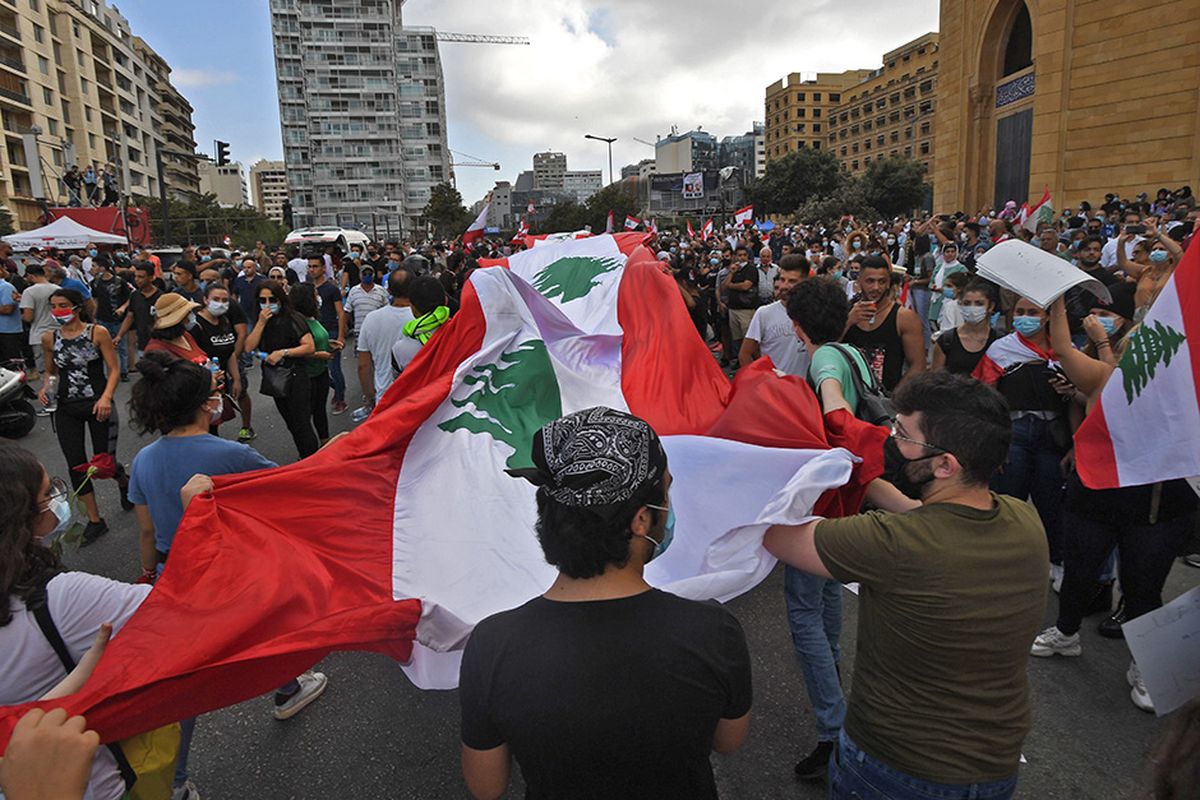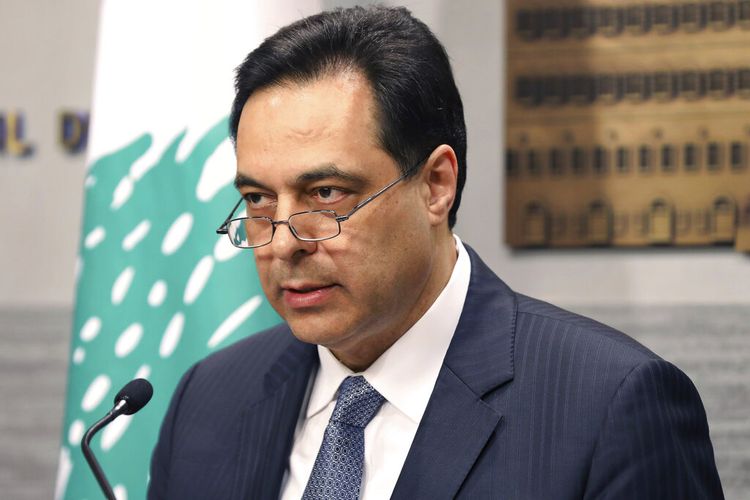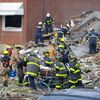Govt Resignation Insufficient Response to Reforms After Beirut Explosion

BEIRUT, KOMPAS.com – The dissolution of the Lebanese government on Monday did little to quell public anger calling for reforms after the massive Beirut explosion.
Angry Lebanese remain firm in their demand for the removal of what they see as a corrupt ruling class that is to blame for the country’s hardship.
The twin blasts at the Beirut port left a crater more than 100 meters across on dock nine, according to the French Ambassador’s tweet following a visit to the site.
French forensic scientists are supporting an investigation into the disaster.
Read also: One Indonesian Citizen among Thousands Injured in Twin Beirut Blast
A protest with the slogan "Bury the authorities first" was planned near the port, where highly explosive material stored for years detonated on August 4, killing at least 171 people, injuring 6,000 and leaving hundreds of thousands homeless.
Prime Minister Hassan Diab, announcing his cabinet's resignation, blamed endemic graft for the explosion, the biggest in Beirut's history and which compounded a deep financial crisis that has collapsed the currency, paralyzed the banking system and sent prices soaring.
"I said before that corruption is rooted in every juncture of the state but I have discovered that corruption is greater than the state," he said, blaming the political elite for blocking reforms.
Talks with the International Monetary Fund have stalled amid a row between the government, banks and politicians over the scale of vast financial losses.
Read also: World Donors Demand Reforms Before Disbursing $300 Million in Humanitarian Aid to Lebanon
"It does not end with the government's resignation," said the protest flyer circulating on social media. "There is still (President Michel) Aoun, (Parliament Speaker Nabih) Berri and the entire system."
For many Lebanese, the explosion was the last straw in a protracted crisis over the collapse of the economy, corruption, waste and dysfunctional government.
 The dissolution of the Lebanese government on Monday did little to quell public anger calling for reforms after the massive Beirut explosion.
The dissolution of the Lebanese government on Monday did little to quell public anger calling for reforms after the massive Beirut explosion.Sectarian system
The Beirut port mirrors the sectarian power system in which the same politicians have dominated the country since the 1975-90 civil war.
Each faction has its quota of directors at the port, the nation's main trade artery.


































